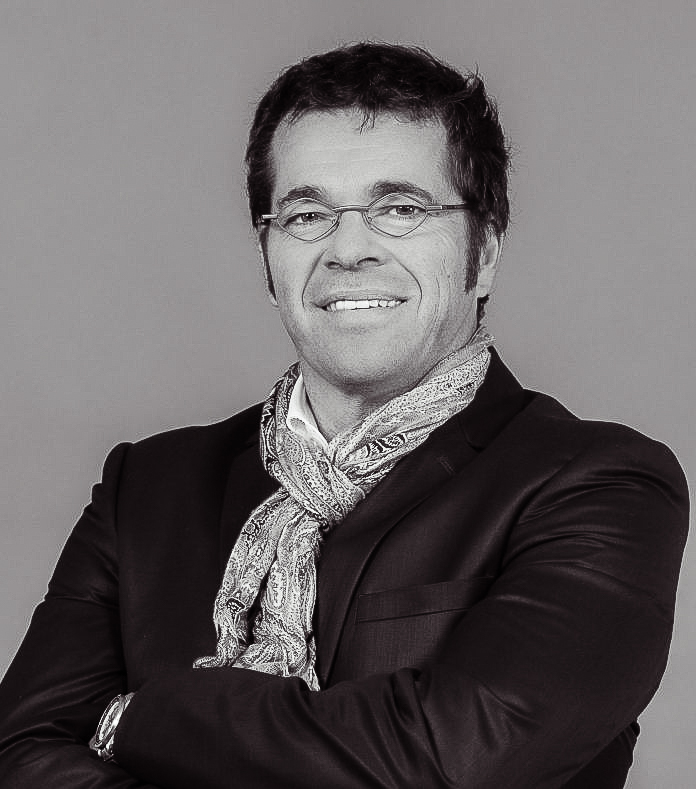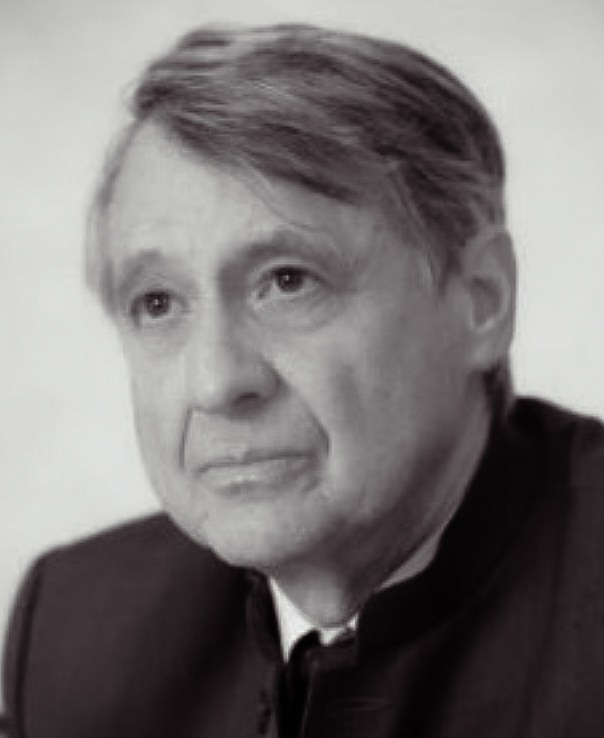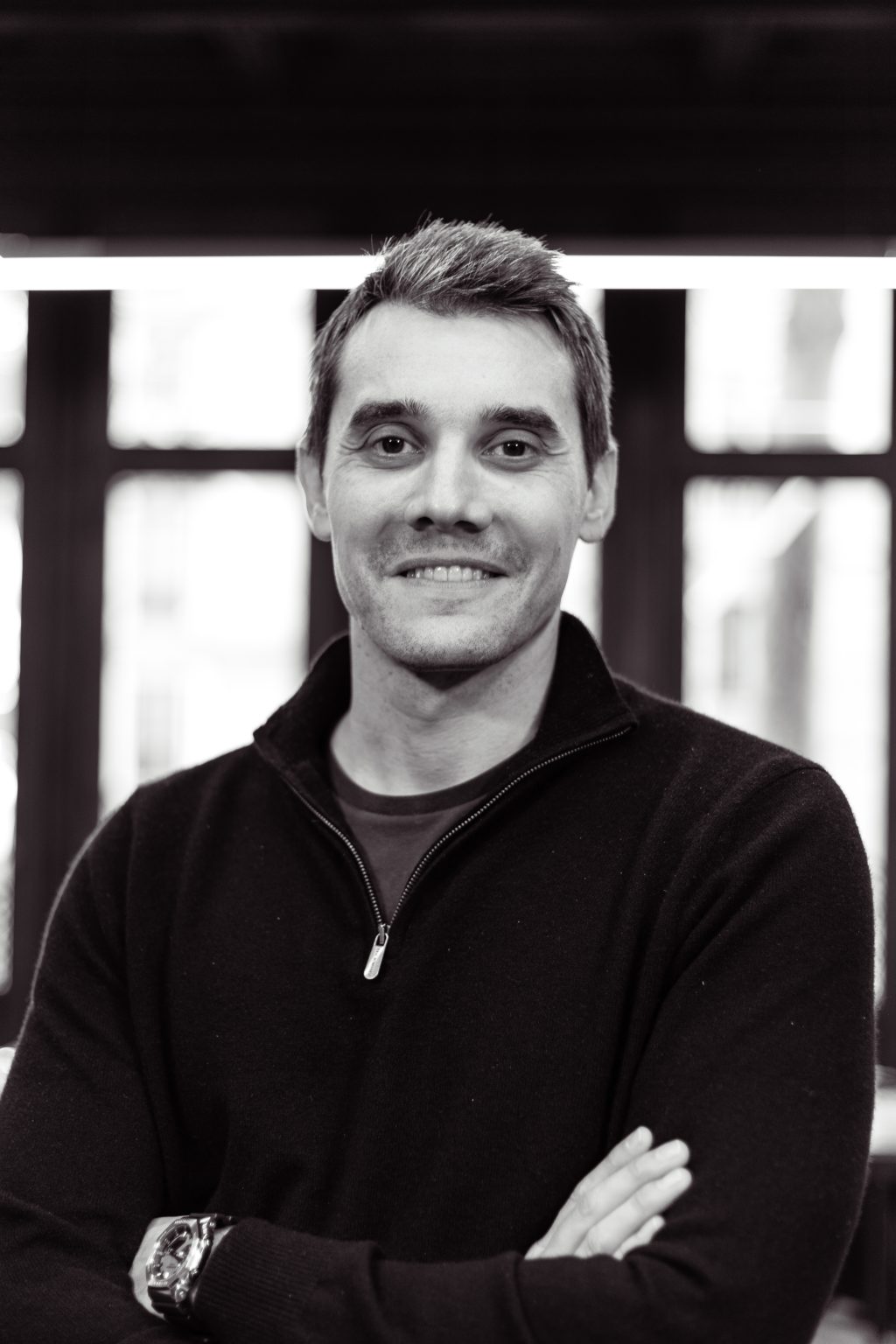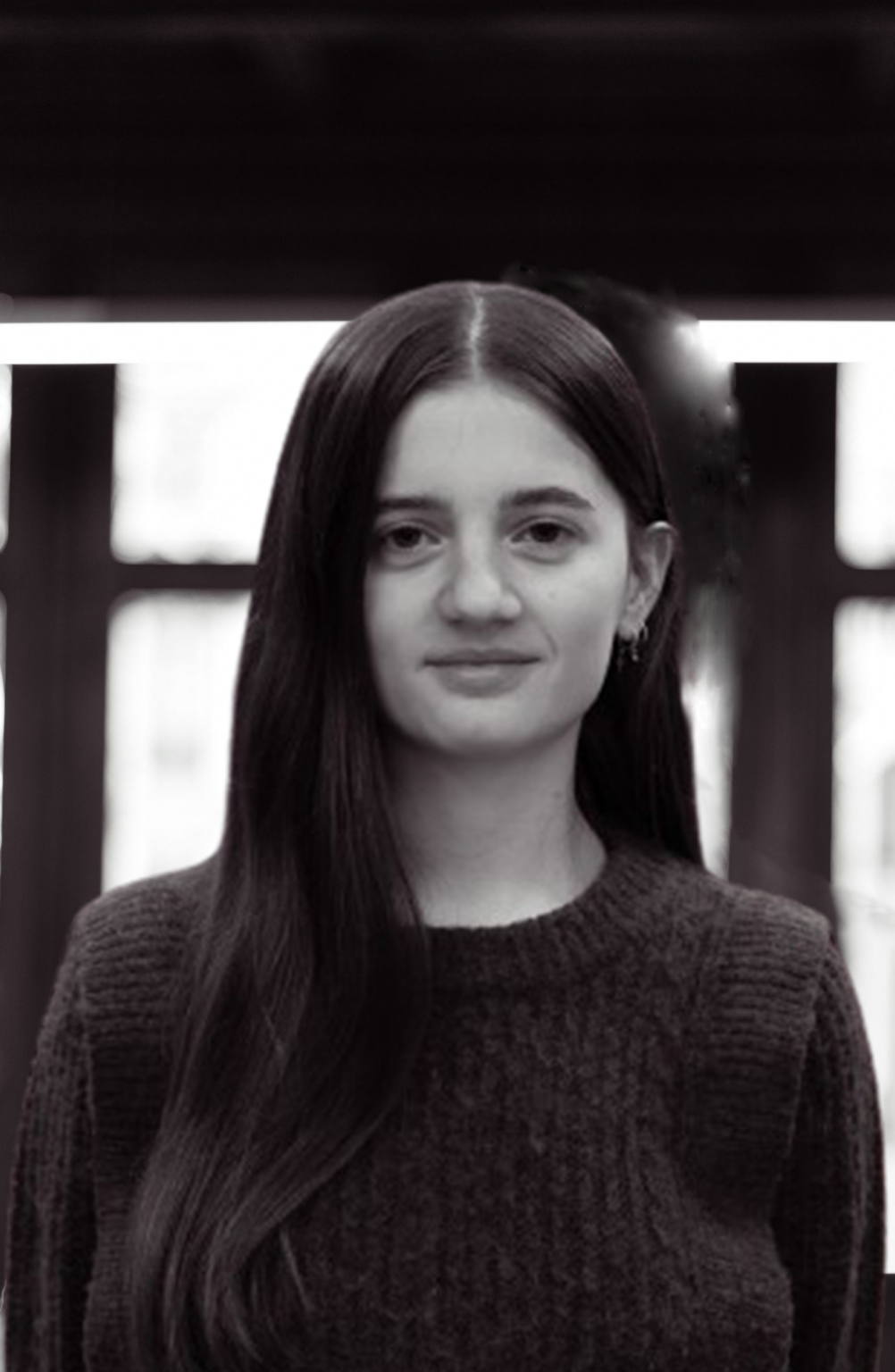Krzysztof ZANUSSI
Polish film and theatre director
“Don’t call Poland Eastern Europe, please!”
My request, chosen as the title of this article, is quoted from an instruction I received from the Polish Minister of Foreign Affairs of the first democratically elected government in 1989, when I went to Strasbourg to inaugurate our presence at the Council of Europe. The request was justified. There are no geographical grounds for calling it Eastern Europe. The Czech capital, Prague, is situated to the west of Vienna, yet the Czech Republic is mistaken for Eastern Europe. The notion originates from the Yalta Conference in 1945, at which time it was used to refer to “a sphere of Russian influence”.
Poland belongs to Western Europe because of its historical heritage, which is Latin and not Byzantine.
Therefore, our thinking patterns are influenced by the scholastic medieval philosophy of the Crusades and its ethos of chivalry, the Walk to Canossa and the distinction between the Church and the lay nobility, the Renaissance and the Counter-Reformation, illuminism and the French Revolution. Unlike Eastern Europe, Poland had castles and town halls, universities and an autonomous middle class, an enlightened monarchy, and no absolutism. All less pronounced than in France or Germany, but fundamentally different from Russia.
Is this enough to explain why Poles easily find their place in the Western European community? Of all the Member States, Poland has always been one of the EU’s strongest supporters. In everyday language, for Poles, “European” is a synonym of “high quality”. European institutions are perceived as watchdogs and guarantors of justice and democracy.
If all this is true, where is the problem? Why is the newly elected government, perceived as Eurosceptic, supported by over 30% of the people, giving it a majority in the Parliament? The answer can be summed up in one word: disappointment. Expectations were high and the historical context rather importunate. Europe is not as beneficial as the Poles expected, and not as good as it used to be.
The reasons for this disappointment? There are the most common ones, such as the arrogance of European bureaucrats and politicians (President Chirac once asked new members of the EU to keep their mouth shut). Plus, of course, the cynicism of western businessmen, who bring corruption to the EU’s less developed member countries and attempt to exploit workers (in particular in mass-market retailing).
In my view, there are deeper reasons for this disappointment, linked to a whole wave of postmodern nihilism brought to us through Europe under the confusing titles of political correctness, multiculturalism and the prevailing rights of minorities, running counter to a general desire for security. Ruling elites have apparently underestimated the strength of our national pride and our need to express it, while at the same time leaving no space for idealism, which is in my view an innate human need. Today Europe has lost its Judaeo-Christian roots and promotes nothing but consumerism. Solidarity is just an empty word, covering the selfishness of European states.
This is not my point of view. It is an attempt to make a diagnosis, to explain the illness from which Europe suffers. I see a lot of idealism in Europe. I see solidarity and magnanimous gestures not only from individuals but also several states. I am deeply upset when I see that my country, Poland, does not want to receive the refugees from the Middle East, but I see also that some of the refugees welcomed in Poland immediately ran away to Germany (Poland received a remarkable number of refugees from Ukraine for instance).
An artist is not a prophet, not even a fortune teller, and I have no idea how far the situation will evolve. No doubt, despite their overall scepticism, the Poles will remain in favour of a united Europe. There is no imminent danger of a POLEXIT. But we do expect the more advanced, more developed and more democratic European states to make an effort to breathe new life into the ideals that once lay the foundations for the EU. Political correctness deprives discussions of their content, values are not judged to avoid hurting anybody. Only populistic demagogues dare enter such marshy land. We are not brave enough to say some societies are better and others less so. If we want to create a dynamic, we must approach human perfection and growth not only from an economic point of view but also a spiritual one. Europe needs a revival of the European Dream.
Html code here! Replace this with any non empty text and that's it.










